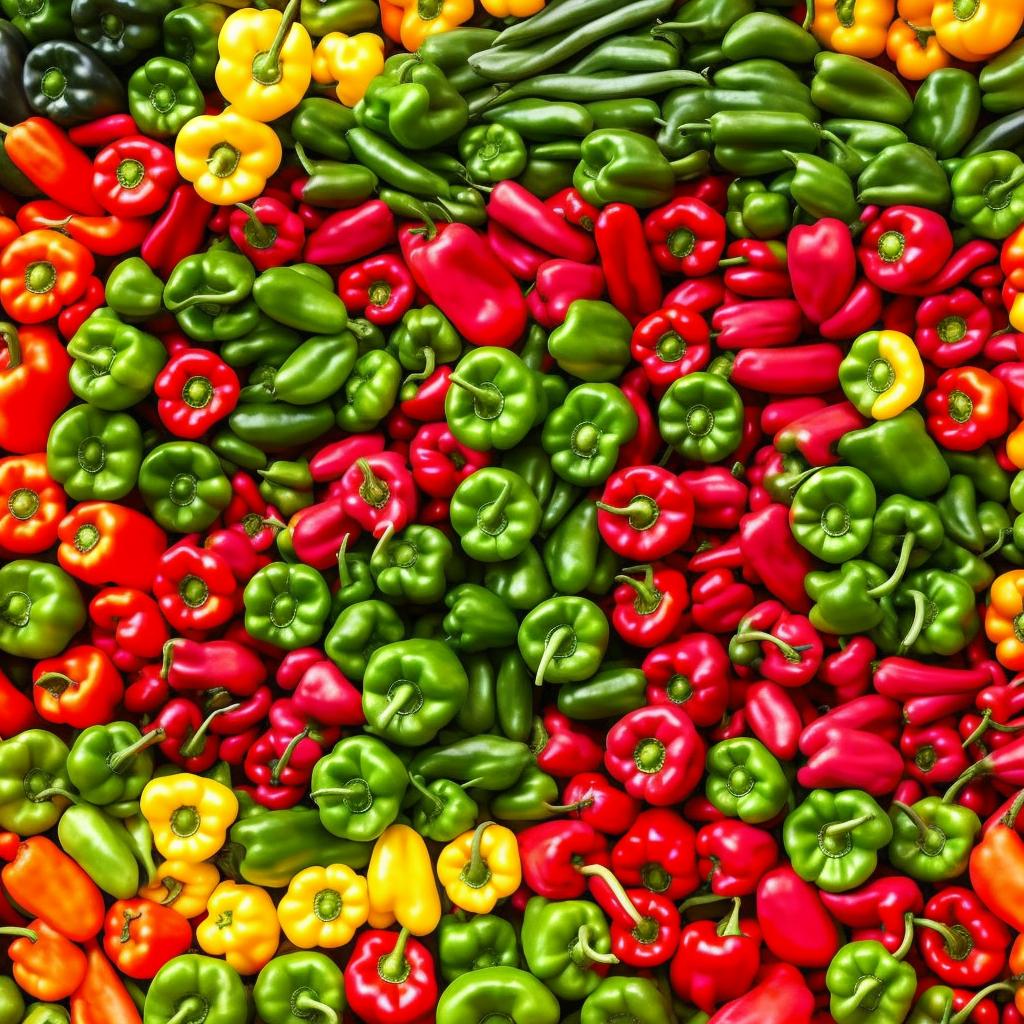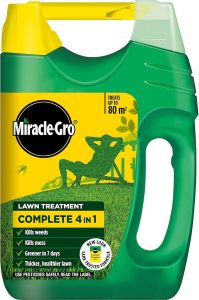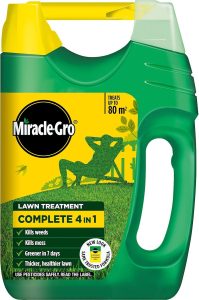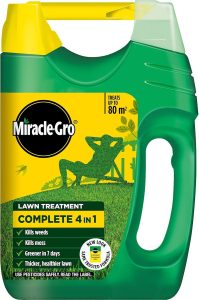With their vibrant colors and versatile flavors, peppers are a staple in many cuisines around the world. Whether you prefer the mild sweetness of bell peppers or the fiery kick of jalapeños, growing your own peppers in the garden can be a rewarding experience. In this article, we will explore some tips and tricks for cultivating perfect peppers that will have your taste buds singing. So roll up your sleeves, grab your gardening gloves, and let’s get growing!
Selecting the Best Pepper Varieties for Your Garden
Growing peppers in your garden can be a rewarding experience, but choosing the right varieties is key to success. There are countless pepper varieties to choose from, each with its own unique flavor and heat level. When , consider factors such as your climate, garden space, and personal taste preferences. Here are some tips to help you choose the perfect peppers for your garden:
- Consider your climate and growing conditions
- Think about the level of heat you prefer
- Decide on the color and size of peppers you want to grow
- Look for disease-resistant varieties
Whether you prefer sweet bell peppers or spicy habaneros, there is a pepper variety out there for you. By taking the time to research and select the best pepper varieties for your garden, you can ensure a bountiful harvest of delicious peppers that will add flavor and spice to your meals. Experiment with different varieties each year to discover your favorites and enjoy the satisfaction of growing your own peppers at home.
Optimizing Sunlight and Soil Conditions for Pepper Growth
When it comes to growing perfect peppers in your garden, optimizing sunlight and soil conditions is key. Peppers thrive in warm, sunny locations with well-draining soil. To ensure your peppers receive the right amount of sunlight, plant them in a spot that gets at least 6-8 hours of direct sunlight per day. This will help them grow healthy and produce bountiful crops.
Additionally, it’s important to provide your peppers with nutrient-rich soil. Amend your garden bed with compost or organic matter to improve soil fertility and drainage. Consider conducting a soil test to determine if any specific nutrients are lacking and adjust accordingly. Remember, healthy soil equals healthy plants!
Effective Watering and Fertilization Techniques for Healthy Pepper Plants
When it comes to growing healthy pepper plants in your garden, proper watering and fertilization techniques are key. To ensure your peppers thrive and produce bountiful harvests, follow these tips:
- Watering: Pepper plants need consistent moisture to thrive, so be sure to water them regularly. Avoid overwatering, as this can lead to root rot, but don’t let the soil dry out completely either. A good rule of thumb is to water deeply once or twice a week, depending on the weather and soil conditions.
- Fertilization: Peppers are heavy feeders, so they require regular fertilization to grow strong and healthy. Use a balanced fertilizer high in phosphorus to promote flower and fruit production. Apply the fertilizer according to the instructions on the package, being careful not to over-fertilize, which can harm your plants.
Protecting Pepper Plants from Common Pests and Diseases
One common pest that can wreak havoc on your pepper plants is the aphid. These tiny insects feed on the sap of the plant, causing wilting and yellowing of the leaves. To combat aphids, try spraying your plants with a mixture of water and dish soap. This will help suffocate the aphids and prevent them from further damaging your peppers.
Another pesky pest that can affect pepper plants is the tomato hornworm. These large green caterpillars can quickly defoliate a plant if left unchecked. To deter tomato hornworms, try planting marigolds around your pepper plants as they are a natural repellent. If you do spot any hornworms, simply handpick them off and dispose of them in a bucket of soapy water. By taking these preventative measures, you can ensure your pepper plants stay healthy and pest-free all season long.
In Conclusion
growing perfect peppers in your garden can be a rewarding and fulfilling experience. By following these tips and techniques, you can ensure a bountiful harvest of delicious and vibrant peppers that will elevate your culinary creations. Remember to give your plants plenty of sunlight, water, and nutrients, and don’t be afraid to experiment with different varieties to find the perfect pepper for your taste buds. Happy gardening!




